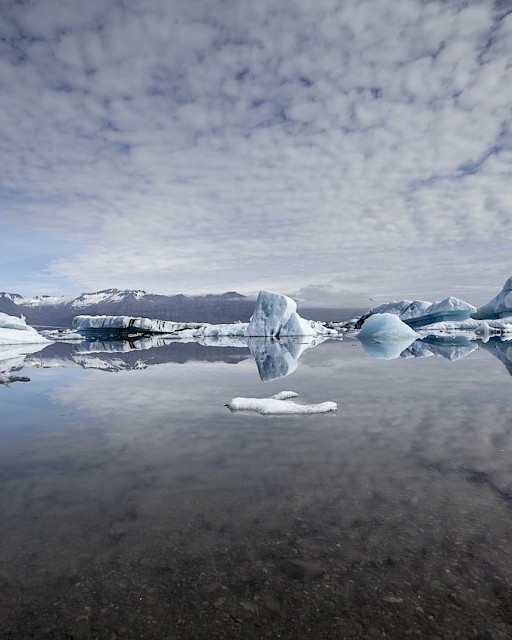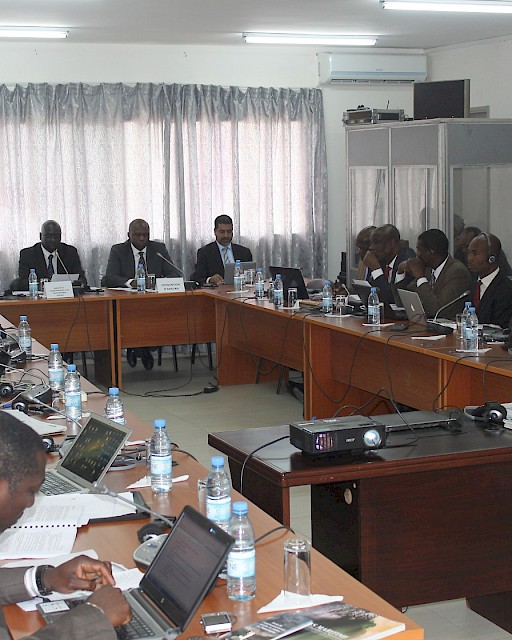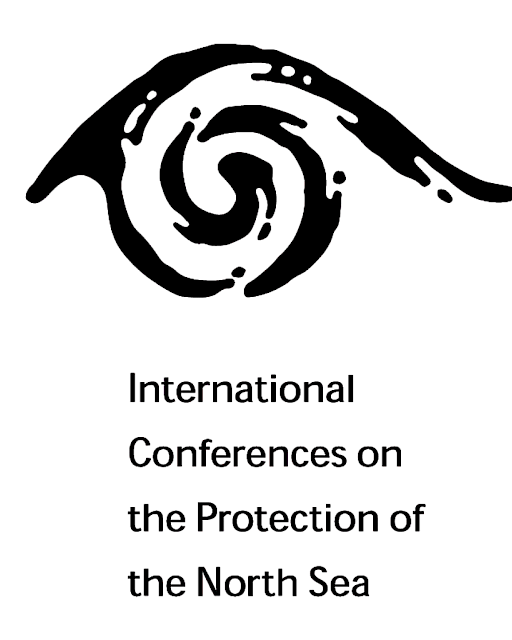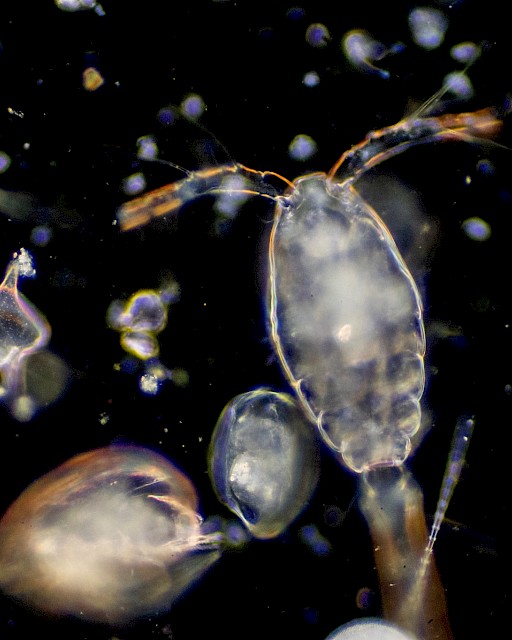The Arctic Council
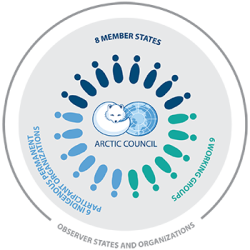 Iceland holds the Chairmanship of the Arctic Council from May 2019 to May 2021. Promoting ways and means to reduce the impact of plastics on the Arctic marine ecosystem is one of the priorities of the Icelandic Chairmanship. In collaboration with the Nordic Council of Ministers, Iceland is hosting an International Symposium on Plastics in the Arctic and Sub-Arctic Region - www.arcticplastics2020.is - 2-4 March 2021, in Reykjavik, in connection with the Icelandic Chairmanship of the Arctic Council. The OSPAR Commission is one of the co-sponsors of the symposium, together with the International Council for the Exploration of the Sea (ICES), the United Nations Environment Programme (UNEP), the Intergovernmental Oceanographic Commission of UNESCO (IOC), the Marine and Freshwater Research Institute of Iceland, the Harvard Kennedy School and the International Arctic Science Committee.
Iceland holds the Chairmanship of the Arctic Council from May 2019 to May 2021. Promoting ways and means to reduce the impact of plastics on the Arctic marine ecosystem is one of the priorities of the Icelandic Chairmanship. In collaboration with the Nordic Council of Ministers, Iceland is hosting an International Symposium on Plastics in the Arctic and Sub-Arctic Region - www.arcticplastics2020.is - 2-4 March 2021, in Reykjavik, in connection with the Icelandic Chairmanship of the Arctic Council. The OSPAR Commission is one of the co-sponsors of the symposium, together with the International Council for the Exploration of the Sea (ICES), the United Nations Environment Programme (UNEP), the Intergovernmental Oceanographic Commission of UNESCO (IOC), the Marine and Freshwater Research Institute of Iceland, the Harvard Kennedy School and the International Arctic Science Committee.
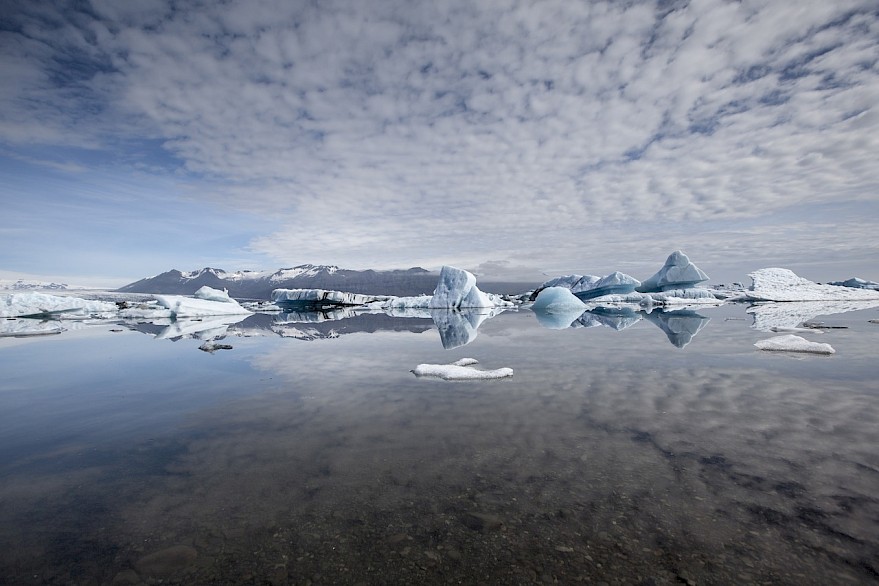
OSPAR and the Arctic Council
OSPAR officially became an observer to the Arctic Council in 2017 and committed to assist the priorities as identified by the successive Chairmanships of the Arctic Council.
The OSPAR maritime area covers the North-East Atlantic including part of the Arctic area (OSPAR Region I). OSPAR believes its work may complement the work of the Arctic Council and its Working Groups. OSPAR actively engages with AMAP on ocean acidification, and transport of chemicals, providing collaboration to combat pollution from maritime disasters and chronic pollution from ships and offshore installations that can impact the Arctic from the North East Atlantic, in cooperation with EPPR. OSPAR also contributes to the work of PAME (Protection of the Arctic Marine Environment) on protecting the marine environment, as co-lead on the desk-top study on marine litter in the Arctic.
OSPAR undertakes and publishes at regular intervals joint marine assessments, the latest – Intermediate Assessment – was published in June 2017 and the next – the Quality Status Assessment – to be published in 2023, will take into account the effectiveness of the measures planned and taken. These assessments may contribute to the work of the Arctic Council Working Groups in identifying priorities for action for the protection of the marine environment. OSPAR is also co-lead on PAME’s project on “Desktop Study on Marine Litter including Microplastics in the Arctic”, contributing with its own experience in developing the Regional Action Plan for the North-East Atlantic, to minimise marine litter and microplastics originating from the OSPAR Regions and ending up in the Arctic.
For OSPAR, cooperation with the Arctic Council and its Working Groups is key in protecting the marine environment and to contribute to the sustainable use of the marine resources.


